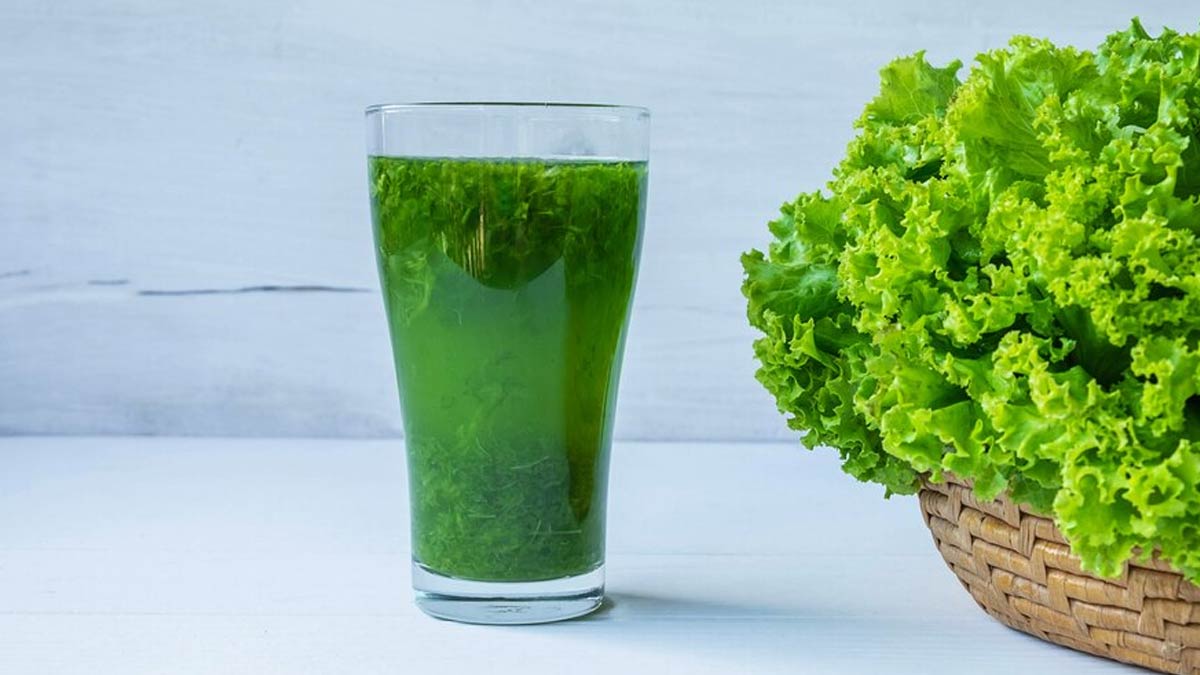
Juicing has gained popularity as a quick and convenient way to consume a variety of nutrients found in fruits and vegetables. However, when it comes to leafy greens like spinach and kale, there's a potential downside that often goes unnoticed – their high oxalate content.
Table of Content:-
According to a study authored by the National Kidney Foundation, drinking vegetable juice made using leafy greens with a high oxalate content can lead to an increase in oxalate absorption, causing kidney damage and even kidney failure!
What Are Oxalates?
The Colorado State University shared that oxalates are naturally occurring compounds found in many plant-based foods and are naturally created in the human body as a waste product. Some common sources of oxalates are:
- Green leafy vegetables
- Soy
- Almonds
- Potatoes
- Tea
- Rhubarb
- Cereal grains
- Beets
While they are generally considered harmless for most people, high oxalate intake can pose problems for individuals prone to kidney stones or with certain health conditions.

Kidney Stone Risk
Leafy greens like spinach and kale are rich in oxalates, and excessive consumption can contribute to the formation of kidney stones. Oxalates can bind with calcium, forming crystals that may accumulate in the kidneys. Juicing large quantities of these greens can lead to a concentrated intake of oxalates, potentially increasing the risk of kidney stone formation.
Johns Hopkins Medicine recommends that you drink an extra glass or two of water if you consume foods high in oxalate, to flush out extra oxalate.
Gastrointestinal Issues
In some cases, high oxalate intake can trigger gastrointestinal issues. Oxalates can bind with minerals in the digestive tract, according to a study published in the Annals of Translational Medicine, forming insoluble compounds. This may interfere with nutrient absorption and contribute to digestive discomfort, particularly for those with sensitive digestive systems.
Also Read: Fruit Juice VS Whole Fruits, Which Is The Healthier Option? Expert Answers
Oxalate Sensitivity
Certain individuals may be more sensitive to oxalates than others. While most people can tolerate moderate oxalate intake without issues, those with a history of oxalate-related health problems or specific conditions may need to monitor their oxalate consumption more closely.
Balancing the Benefits and Risks
Leafy greens offer a plethora of essential nutrients, including vitamins, minerals, and antioxidants. However, rather than relying solely on juicing, consider using a variety of cooking methods for leafy greens, such as steaming or sautéing, which can help reduce oxalate levels.
A study led by the University of Wyoming found that boiling significantly reduces the soluble oxalate content by 30-87% and was more effective than steaming, which reduced the content by 5-53% and baking.
Also Read: Expert Suggests Benefits Of 6 Herbal Teas To Drink After A Heavy Meal

While leafy greens like spinach and kale are undeniably nutrient-dense, juicing them might not be the best choice for everyone. If you have a history of kidney stones, gastrointestinal sensitivity, or oxalate-related health concerns, you should exercise caution and consult with healthcare professionals for personalised dietary advice. As with any dietary decision, it's essential to weigh the benefits against potential risks and choose an approach that aligns with individual health goals and needs.
Also watch this video
How we keep this article up to date:
We work with experts and keep a close eye on the latest in health and wellness. Whenever there is a new research or helpful information, we update our articles with accurate and useful advice.
Current Version